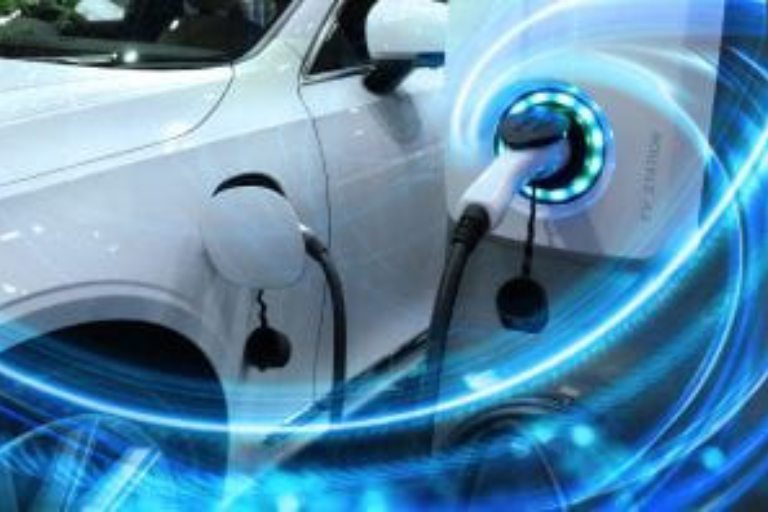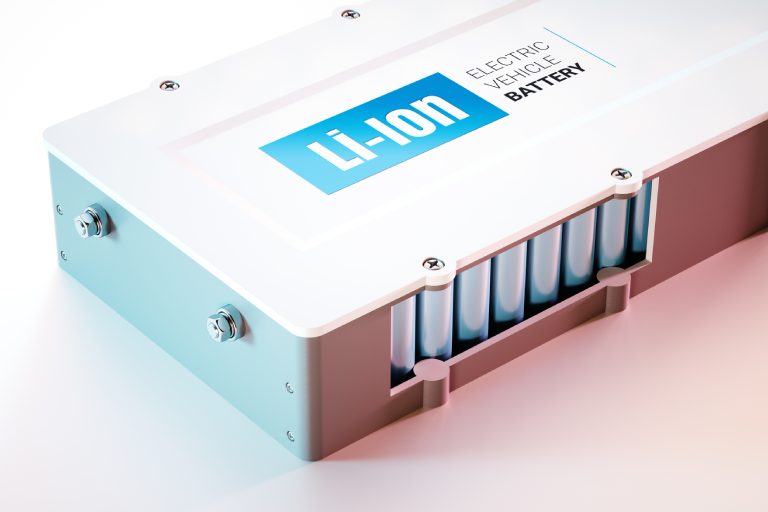A key feature of the global energy transition is the shift underway from petroleum-powered vehicles to plug-in electric vehicles. It is called the Electric Mobility Transition—or “E-Mobility”—the biggest change in the transportation sector since the horse and buggy.
A team of faculty and students at the O’Neill School has been working on the e-mobility transition since 2011. It began with President Obama’s national goal to put one million plug-in vehicles on the road by 2015. As of the end of 2022, approximately three million plug-in vehicles were in use in the United States. By the year 2,030, a majority of new passenger vehicles could move, at least partly, due to electric propulsion. Efforts are also underway to electrify segments of the heavy truck fleet.
There are multiple societal drivers of E-mobility: energy insecurity, industrial policy, poor urban air quality, and climate change. Consumer interest in electric vehicles is also growing because of their simple design, low operating costs, superb performance, and quiet operation. Significant obstacles to widespread adoption of e-mobility remain, including the need for more affordable technology, the absence of a robust public charging system, the lack of a U.S.-based supply chain to support this new industry, and the lack of adequate awareness among citizens and politicians.
Although many people perceive E-mobility as a technical challenge, enormous challenges lie ahead that require understanding of public policy, human behavior, systems integration, economic efficiency and social justice. These are the issues that are the focus of the O’Neill School’s working group of faculty and students.





